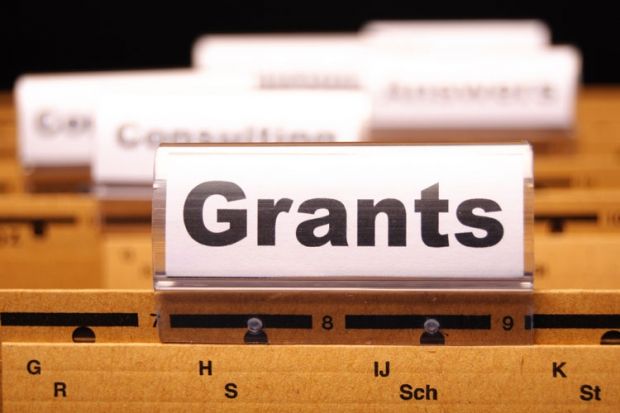Leverhulme Trust
Research Project Grants
Sciences
- Award winner: Morgan Beeby
- Institution: Imperial College London
- Value: £117,620
Evolutionary pathways to rotary motors: evolution and mechanism of the archaellum
- Award winner: Don Pollacco
- Institution: University of Warwick
- Value: £145,100
Homogeneous study of transiting systems
Social sciences
- Award winner: Rob Drummond
- Institution: Manchester Metropolitan University
- Value: £107,113
Expressing inner-city youth identity through multicultural urban British English
National Institute for Health Research
Public Health Research programme
- Award winner: Lindsay Blank
- Institution: University of Sheffield
- Value: £205,352
Interventions to promote or maintain physical activity during and after the transition to retirement: evidence synthesis to inform recommendations for policy and practice
Biotechnology and Biological Sciences Research Council
- Award winner: John Harris
- Institution: University of Nottingham
- Value: £38,887
Defining a pain phenotype that is predictive of altered central pain processing in dogs with spontaneous osteoarthritis
- Award winner: Leonardo Guasti
- Institution: Queen Mary University of London
- Value: £368,955
Lineage conversion of blood-derived endothelial progenitor cells to an adrenocortical phenoype: a new technology to study the adrenal gland
- Award winner: James McDonald
- Institution: Bangor University
- Value: £321,994
Unravelling a novel mechanism for cellulose decomposition in the bacterial phylum Fibrobacteres
- Award winner: Gary Frost
- Institution: Imperial College London
- Value: £805,178
Regulating appetite by targeting nutrient delivery in the gut
Arts and Humanities Research Council
- Award winner: Sian Sullivan
- Institution: Bath Spa University, transferred with grant from Birkbeck, University of London
- Value: £797,108
Future pasts in an apocalyptic moment: a hybrid analysis of “green” performativities and ecocultural ethics in a globalised African landscape
- Award winner: Philippa Ryan
- Institution: British Museum
- Value: £197,739
Sustainability and subsistence systems in a changing Sudan
In detail

Award winner: Peter Coates
Institution: University of Bristol
Value: £835,601
The power and the water: connecting pasts with futures
This project will examine the nature of environmental connectivities since industrialisation and how their legacies challenge us in the early 21st century. The team will investigate how different environmental narratives are deployed in particular places and contexts; how these narratives interact, seek to link communities and their environmental impacts, connect designated environmental experts, publics and policymakers; and how, in turn, they shape identities and forge new communities of understanding, shared infrastructure and political action. They will also consider shared negative experiences affecting community resilience, social learning and environmental policy response.
Register to continue
Why register?
- Registration is free and only takes a moment
- Once registered, you can read 3 articles a month
- Sign up for our newsletter
Subscribe
Or subscribe for unlimited access to:
- Unlimited access to news, views, insights & reviews
- Digital editions
- Digital access to THE’s university and college rankings analysis
Already registered or a current subscriber? Login

